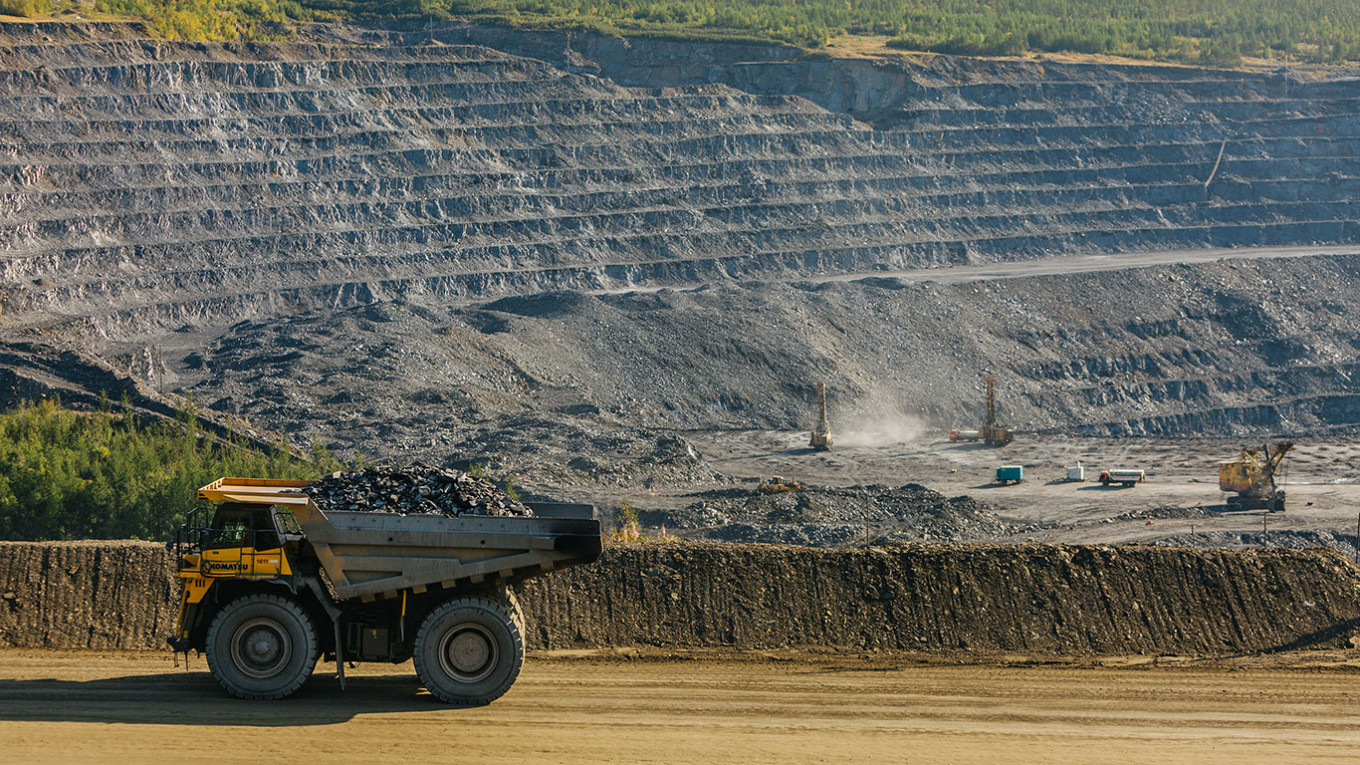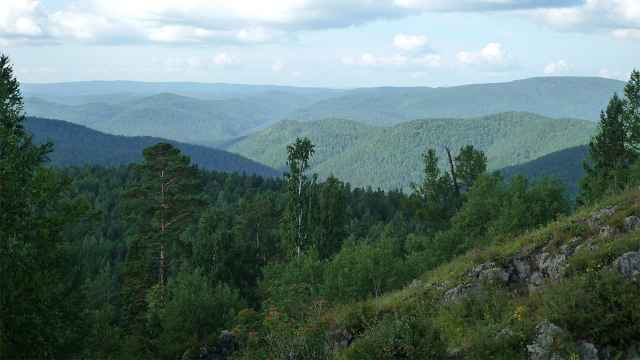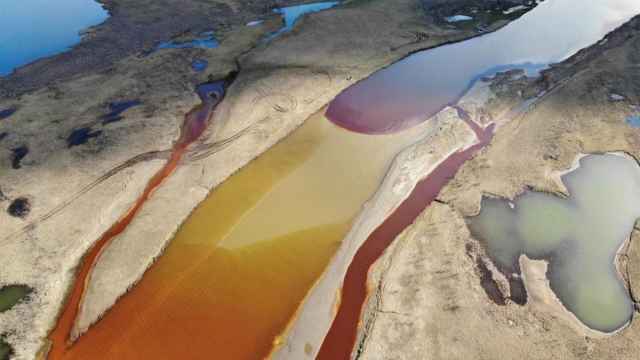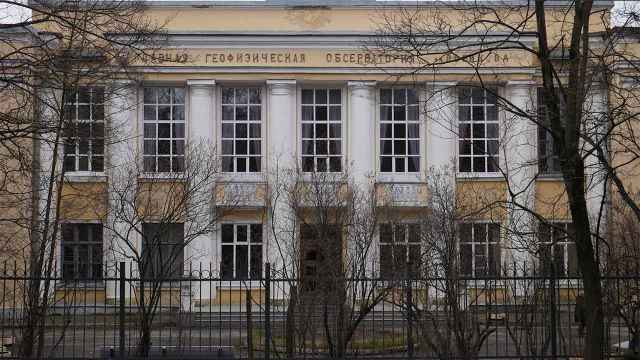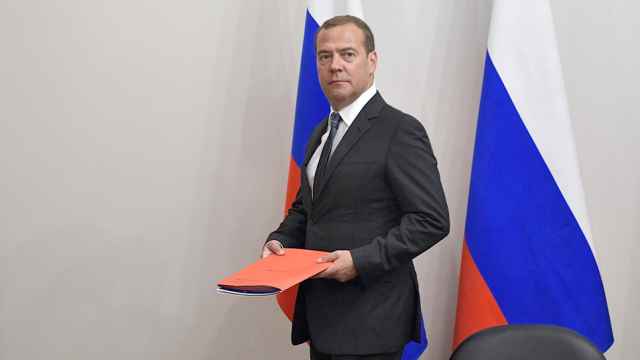Russian gold miner Polyus has been named the country’s best prepared major company for the global energy transition in a new environmental index published Tuesday.
Research by Sustainability Monitoring Russia assessed more than 5,000 of Russia’s largest firms to gauge which companies and industries look best set to weather the upheaval as major economies around the world move towards net zero and clean sources of energy. It is the first energy transition rating of its kind for Russia.
Russia is seen as one of the most vulnerable countries to the green transition and policies such as carbon border taxes, with revenues from fossil fuels and commodities providing the majority of Russia’s exports, a significant chunk of the government’s income as well as millions of jobs.
Metals and mining firms were seen as well positioned — taking nine places in the top-50 ranking. While heavy energy users, several metallurgical companies rely on comparatively clean hydropower for their energy, and goods such as nickel, clean aluminium and palladium are crucial components for electric vehicles and rechargeable super batteries.
Polyus is Russia’s largest gold miner, with annual revenue of around $5 billion from its mining sites in Siberia and Russia’s far east. The company’s majority owner is 27-year old Said Kerimov, son of Suleyman Kerimov, an oligarch and politician from Russia’s southern Dagestan region who is under U.S. sanctions.
Oil pipeline owner Transneft was ranked second, with electricity grid manager Rosseti claiming third spot.
The ranking combines a number of factors such as a firm’s energy efficiency levels, how much revenue is generated per unit of energy, automation and adaption opportunities — an assessment of a company’s “ability to support itself and develop with the emergence of new types of resources and energy.”
Yulia Shulga, Director General of Sustainable Development Monitoring, said the index can be a tool to help assess Russia’s ESG potential — a growing investment trend which assesses company performance on environmental, social and governance factors, as well as traditional profit-and-loss metrics.
“The rating is an important stage in assessing the potential of the Russian economy through the framework of sustainable development,” she told The Moscow Times.
“We see this study as significant for both large business and the government, because the rating clearly shows the readiness of Russia’s largest industrial holdings to lay the foundation for the country's future green economy.”
After years as public sketpic of climate change, Russian President Vladimir Putin has recently moved to burnish his green credentials, pledging Russia will become carbon neutral by 2060. Russia ia also launching various carbon trading pilot schemes across the country and, controversially, sees potential to use its vast forest land as a way to heavily offset its greenhouse gas emissions.
A Message from The Moscow Times:
Dear readers,
We are facing unprecedented challenges. Russia's Prosecutor General's Office has designated The Moscow Times as an "undesirable" organization, criminalizing our work and putting our staff at risk of prosecution. This follows our earlier unjust labeling as a "foreign agent."
These actions are direct attempts to silence independent journalism in Russia. The authorities claim our work "discredits the decisions of the Russian leadership." We see things differently: we strive to provide accurate, unbiased reporting on Russia.
We, the journalists of The Moscow Times, refuse to be silenced. But to continue our work, we need your help.
Your support, no matter how small, makes a world of difference. If you can, please support us monthly starting from just $2. It's quick to set up, and every contribution makes a significant impact.
By supporting The Moscow Times, you're defending open, independent journalism in the face of repression. Thank you for standing with us.
Remind me later.


